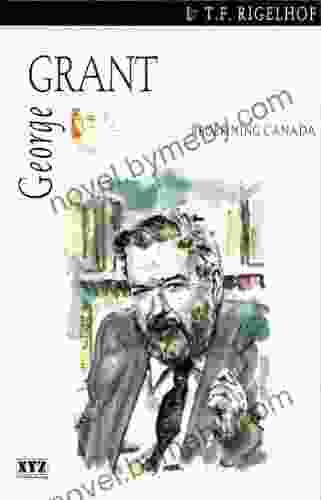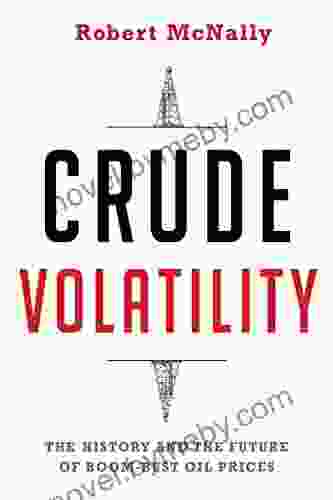George Grant: A Quest for Truth and Meaning

George Grant was one of the most influential Canadian intellectuals of the 20th century. A philosopher, political theorist, and Christian mystic, Grant grappled with the fundamental questions of human existence and the fate of Western civilization. His work is characterized by a deep pessimism about the modern world, but also by a profound hope for redemption.
In this biography, we will explore the life and work of George Grant. We will examine his early influences, his philosophical development, and his political activism. We will also consider his legacy as one of the most important thinkers of our time.
4 out of 5
| Language | : | English |
| File size | : | 2208 KB |
| Text-to-Speech | : | Enabled |
| Screen Reader | : | Supported |
| Enhanced typesetting | : | Enabled |
| Word Wise | : | Enabled |
| Print length | : | 192 pages |
Early Life and Influences
George Parkin Grant was born on December 22, 1918, in Toronto, Ontario. His father, William Lawson Grant, was a Presbyterian minister, and his mother, Ella Agnes Parkin, was a social worker. Grant grew up in a religious household, and he was deeply influenced by the Christian faith.
Grant's early education was at Upper Canada College, an elite private school in Toronto. He then attended Oxford University, where he studied philosophy, politics, and economics. At Oxford, Grant came into contact with a number of influential thinkers, including the philosopher R.G. Collingwood and the theologian John Macmurray.
Philosophical Development
Grant's philosophical development was marked by a gradual movement away from the Enlightenment rationalism that had dominated Western thought for centuries. In his early work, Grant argued that the Enlightenment had led to a loss of meaning and purpose in human life. He believed that the modern world was characterized by a sense of alienation and despair, and he sought to find a way to restore a sense of meaning to human existence.
In the 1950s, Grant began to develop a philosophy of history that was influenced by the work of Oswald Spengler and Arnold Toynbee. Grant argued that civilizations are like organisms that go through a cycle of birth, growth, maturity, and decline. He believed that Western civilization was in decline, and he warned that it would eventually collapse.
Grant's pessimism about the future was not based on a lack of faith in human nature. Rather, he believed that the modern world had created conditions that made it impossible for human beings to live meaningful lives. He argued that the rise of technology and the decline of religion had led to a loss of community and a sense of purpose.
Political Activism
Grant was not only a philosopher, but also a political activist. He was involved in a number of social justice movements, including the anti-nuclear movement and the civil rights movement. He also founded the Committee for a Democratic Canada, an organization that opposed Canadian involvement in the Vietnam War.
Grant's political activism was motivated by his belief that Christianity had a social and political dimension. He believed that Christians were called to work for justice and peace in the world.
Legacy
George Grant died on September 27, 1988. He was 69 years old. Grant's work has had a profound influence on Canadian thought and politics. He is considered one of the most important Canadian intellectuals of the 20th century, and his work continues to be studied and debated today.
Grant's legacy is complex and multifaceted. He was a brilliant philosopher, a passionate political activist, and a deeply religious man. He was also a pessimist about the future, but he never gave up hope for redemption.
Grant's work is a challenge to our assumptions about the modern world. He forces us to confront the limits of human reason and the fragility of human existence. But he also offers us a vision of hope, a vision of a world that is more just, more compassionate, and more meaningful.
4 out of 5
| Language | : | English |
| File size | : | 2208 KB |
| Text-to-Speech | : | Enabled |
| Screen Reader | : | Supported |
| Enhanced typesetting | : | Enabled |
| Word Wise | : | Enabled |
| Print length | : | 192 pages |
Do you want to contribute by writing guest posts on this blog?
Please contact us and send us a resume of previous articles that you have written.
 Book
Book Novel
Novel Page
Page Chapter
Chapter Text
Text Story
Story Genre
Genre Reader
Reader Library
Library Paperback
Paperback E-book
E-book Magazine
Magazine Newspaper
Newspaper Paragraph
Paragraph Sentence
Sentence Bookmark
Bookmark Shelf
Shelf Glossary
Glossary Bibliography
Bibliography Foreword
Foreword Preface
Preface Synopsis
Synopsis Annotation
Annotation Footnote
Footnote Manuscript
Manuscript Scroll
Scroll Codex
Codex Tome
Tome Bestseller
Bestseller Classics
Classics Library card
Library card Narrative
Narrative Biography
Biography Autobiography
Autobiography Memoir
Memoir Reference
Reference Encyclopedia
Encyclopedia Rosalind Rosenberg
Rosalind Rosenberg Rose Kelly
Rose Kelly Sarah Edmondson
Sarah Edmondson Sara Shepard
Sara Shepard Saleem H Ali
Saleem H Ali Rob Donovan
Rob Donovan Robert K Fitts
Robert K Fitts Robert Starling
Robert Starling Rick Warren
Rick Warren Thad Carhart
Thad Carhart Richard Bass
Richard Bass Steve Weisman
Steve Weisman Rob Roper
Rob Roper Robert W Lee
Robert W Lee V S Naipaul
V S Naipaul Sally Jackson
Sally Jackson Sandy Steen Bartholomew
Sandy Steen Bartholomew Rob Rains
Rob Rains Sarah Digregorio
Sarah Digregorio Ruby Hamad
Ruby Hamad
Light bulbAdvertise smarter! Our strategic ad space ensures maximum exposure. Reserve your spot today!
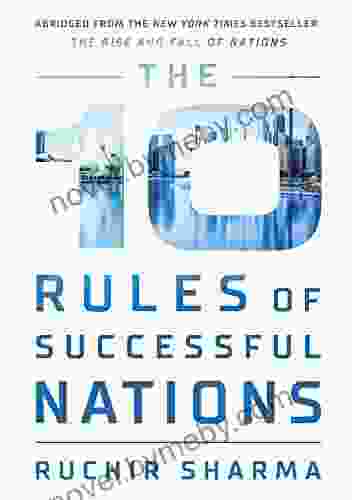
 Thomas HardyUnveiling the Secrets of Successful Nations: A Comprehensive Review of "The...
Thomas HardyUnveiling the Secrets of Successful Nations: A Comprehensive Review of "The...
 Chris ColemanUnleash the Revolution in Your Own Backyard: Discover "The Revolution Where...
Chris ColemanUnleash the Revolution in Your Own Backyard: Discover "The Revolution Where... Ralph EllisonFollow ·7.8k
Ralph EllisonFollow ·7.8k Richard AdamsFollow ·11k
Richard AdamsFollow ·11k Isaac BellFollow ·5.7k
Isaac BellFollow ·5.7k Octavio PazFollow ·6.4k
Octavio PazFollow ·6.4k Henry JamesFollow ·3.6k
Henry JamesFollow ·3.6k Mark MitchellFollow ·12.3k
Mark MitchellFollow ·12.3k Orson Scott CardFollow ·15.7k
Orson Scott CardFollow ·15.7k Winston HayesFollow ·7.8k
Winston HayesFollow ·7.8k

 Mike Hayes
Mike HayesArthur Meighen: A Life in Politics
Arthur Meighen was one of Canada's most...
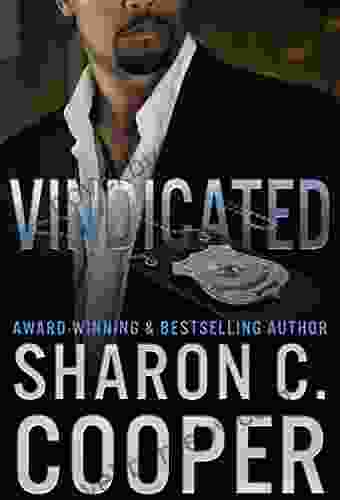
 Bryan Gray
Bryan GrayVindicated: Atlanta's Finest
In the heart of Atlanta, a...

 Houston Powell
Houston PowellHis to Defend: A Captivating Legal Thriller That Will...
An Unforgettable...
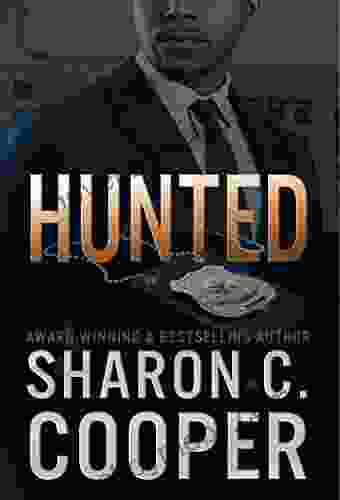
 John Green
John GreenUncover the Riveting Tale of "Hunted: Atlanta Finest" - A...
Prepare yourself for a...
4 out of 5
| Language | : | English |
| File size | : | 2208 KB |
| Text-to-Speech | : | Enabled |
| Screen Reader | : | Supported |
| Enhanced typesetting | : | Enabled |
| Word Wise | : | Enabled |
| Print length | : | 192 pages |


